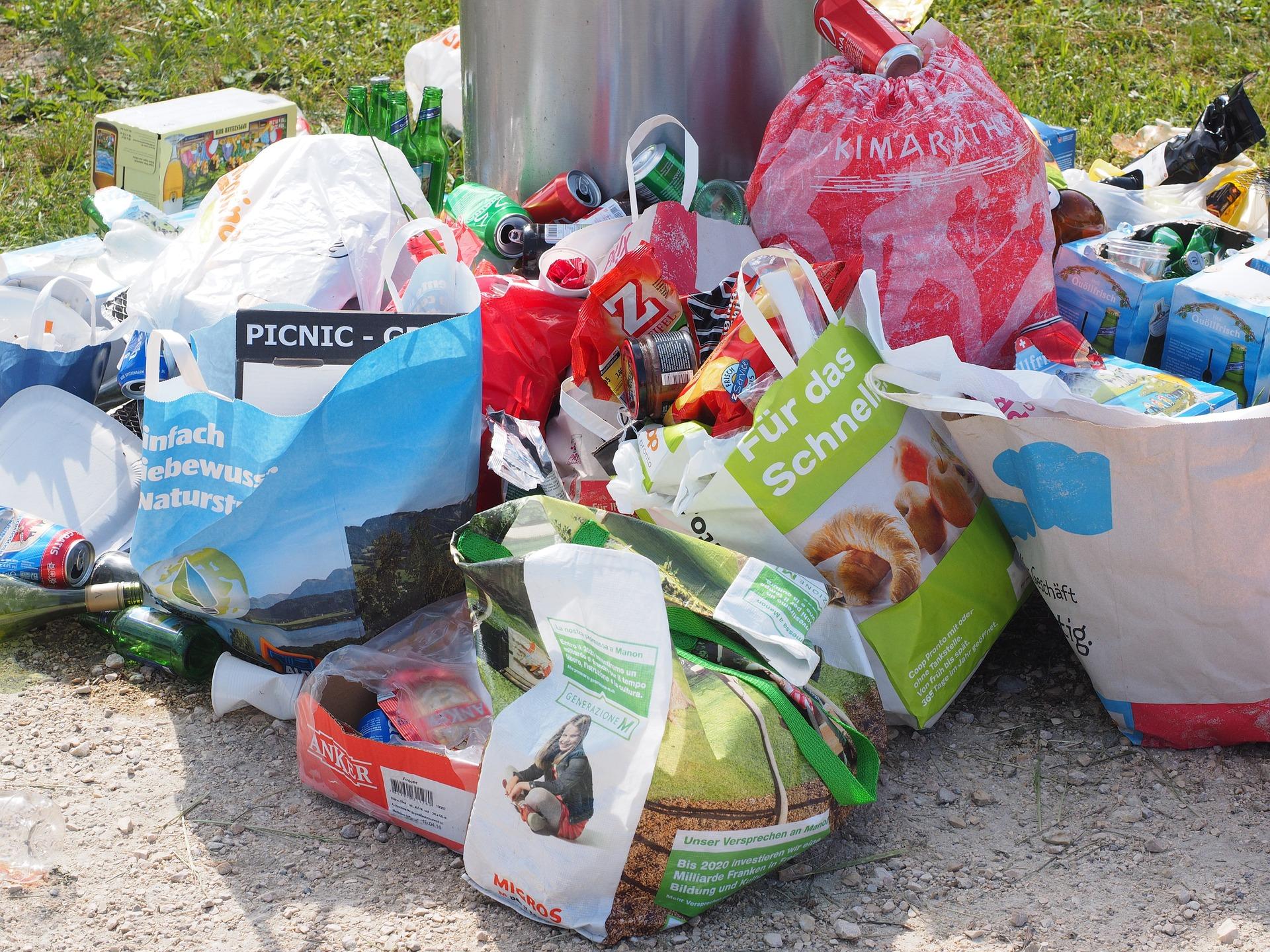Ministers of environment and other representatives from over 170 nations are taking part in the fifth session of the UN Environment Assembly (UNEA-5), a three-day hybrid assembly in Nairobi beginning Monday, with action on a globally binding agreement on plastic pollution at the top of the agenda.
The theme of the assembly is Strengthening Actions for Nature to Achieve the Sustainable Development Goals. In addition to plastic pollution, the UNEA-5 participants are set to take up a host of other pressing issues dealing with the planet and its inhabitants, including the thematic areas: nature for climate; nature for human and ecosystem health; nature for poverty eradication, jobs and economic prosperity; and nature for sustainable food systems.
Espen Barth Eide, the President of UNEA-5 and Norway’s Climate and Environment Minister, acknowledged that the Assembly was gathering at a moment of severe geopolitical turmoil, and said that in times like these, “more than ever, we must demonstrate that multilateral diplomacy can deliver.”
Multilateral action would be key to tackling what he described as “the noble mission to end plastic pollution,” Barth said, adding, “if we move it into a circular economy. I am convinced that the time has come for a legally binding treaty to end plastic pollution.”
Inger Andersen, Executive Director, UN Environment Programme (UNEP), said, “Over the last week, we have seen tremendous progress on negotiations towards an internationally legally binding instrument to end plastic pollution. I have complete faith that once endorsed by the Assembly, we will have something truly historic on our hands.”
“Ambitious action to beat plastic pollution should track the lifespan of plastic products – from source to sea – should be legally binding, accompanied by support to developing countries, backed by financing mechanisms, tracked by strong monitoring mechanisms, and incentivising all stakeholders – including the private sector,” Andersen added.


























